What is data governance? Best practices for managing data assets
CIO Business Intelligence
MARCH 24, 2023
Data governance definition Data governance is a system for defining who within an organization has authority and control over data assets and how those data assets may be used. It encompasses the people, processes, and technologies required to manage and protect data assets.


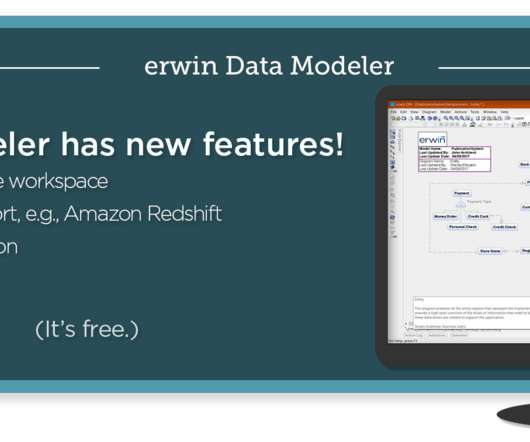


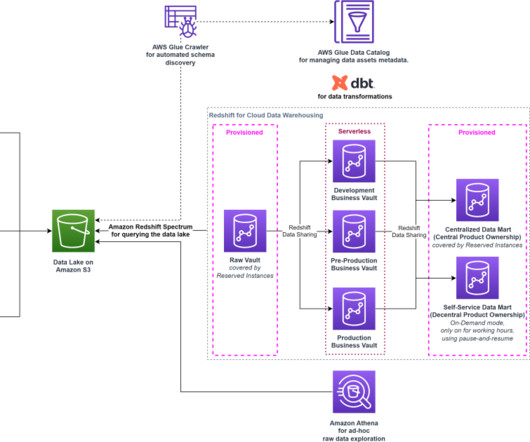

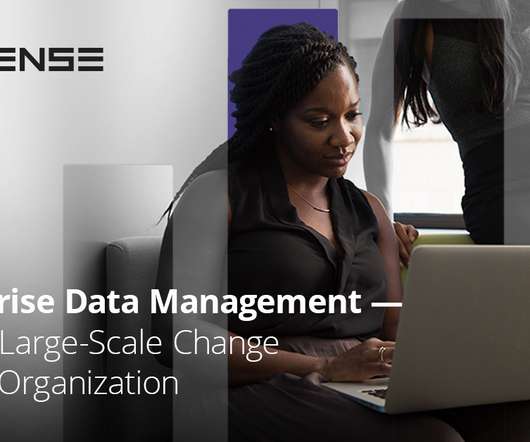


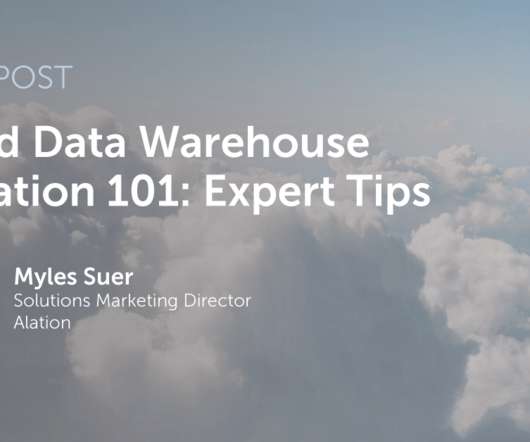
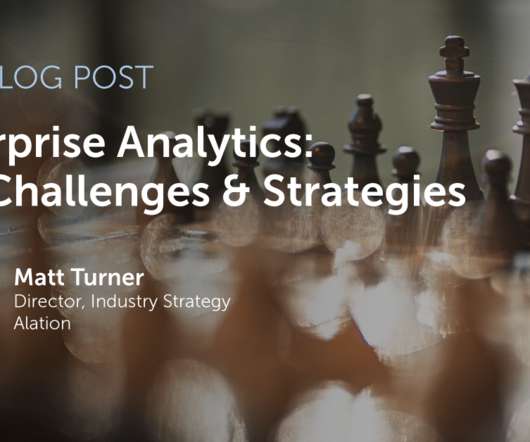
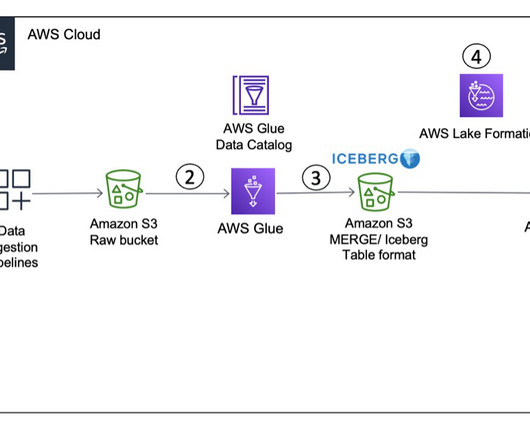

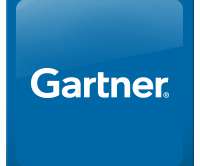








Let's personalize your content